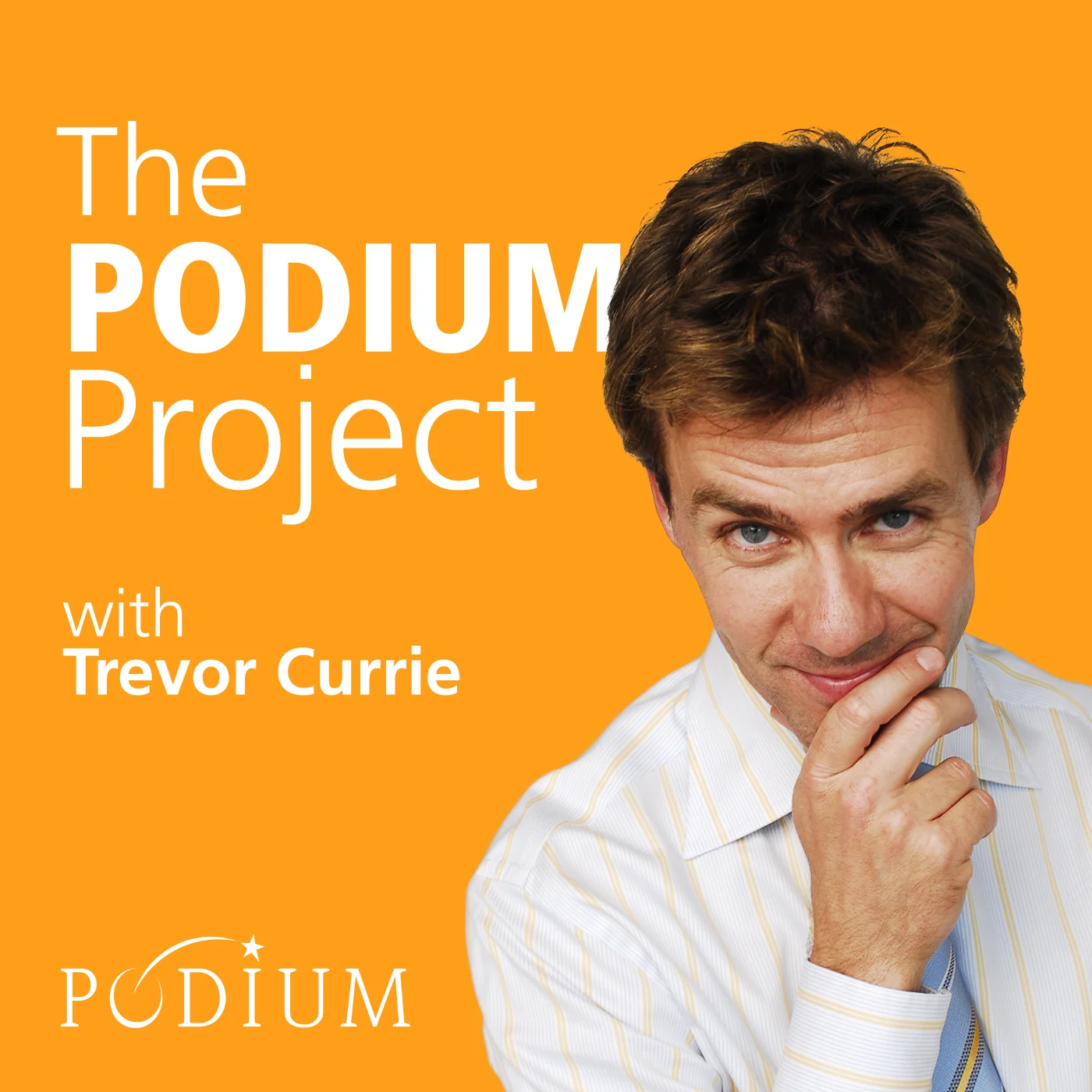In Episode 11, host Trevor Currie talks to Marsha Shandur, a networking and storytelling coach from YesYesMarsha.com about the importance of networking and storytelling and how to do both well.
Listening Notes:
| 1:14 | Trevor asks Marsha how she explains what she does when people ask that inevitable question. Marsha shares that the answer always depends on the context. |
| 2:25 | Marsha explains why she loves teaching people how to network more comfortably and tell stories in a more compelling way. |
| 6:35 | Trevor asks Marsha how people can introduce themselves and talk about what they do in a way that ignites interest, fosters conversation and builds relationships. |
| 7:37 | Trevor and Marsha discuss how to take the dread out of networking so it can be more enjoyable and fruitful. |
| 10:02 | Marsha shares why most people hate networking and how you can shift your mindset and approach to connect and communicate more effectively. |
| 10:58 | Marsha explains why “selling yourself” is not the way to excel at networking. |
| 12:12 | Trevor asks Marsha how she helps her clients garner the confidence they need to approach the people they’d most like to meet. |
| 14:45 | Trevor shares how he noticed that his approach to networking is different when he’s speaking at an event versus attending, and how noticing that difference changed how he now networks at every event he attends. |
| 16:53 | Marsha suggests that the most important thing you can do when you want to connect with important people is to show genuine interest in them. Powerful networking is about inquiry not broadcasting. |
| 18:29 | Trevor asks Marsha what tips she has to help people stop thinking about what they’re going to say next and focused instead on what the person they’re talking to is actually saying. |
| 19:55 | Marsha talks about the storytelling traps people often fall into and provides a variety of tips on how to avoid those pitfalls so you can tell more compelling stories. |
| 23:10 | Trevor asks Marsha to further explain the different aspects of great storytelling: voice-over, montage and action. |
| 24:30 | Trevor and Marsha discuss the baby steps people can take to start improving the stories they tell when they present. |
| 26:01 | Marsha takes Trevor through an exercise to demonstrate how powerful stories are in conveying information and insight about people, places and situations. |
You can learn more about the TED talk, books, podcasts and other links Marsha mentioned during the interview by visiting www.yesyesmarsha.com/trevor.



